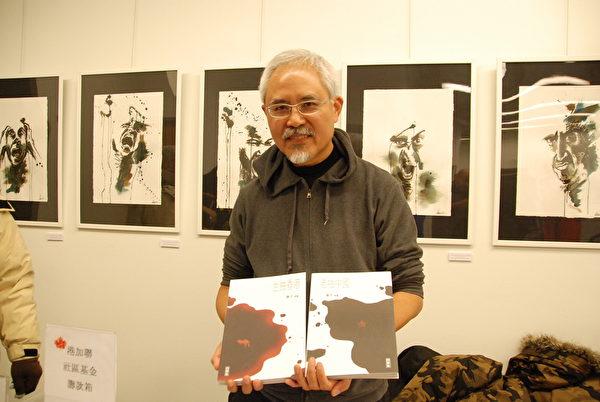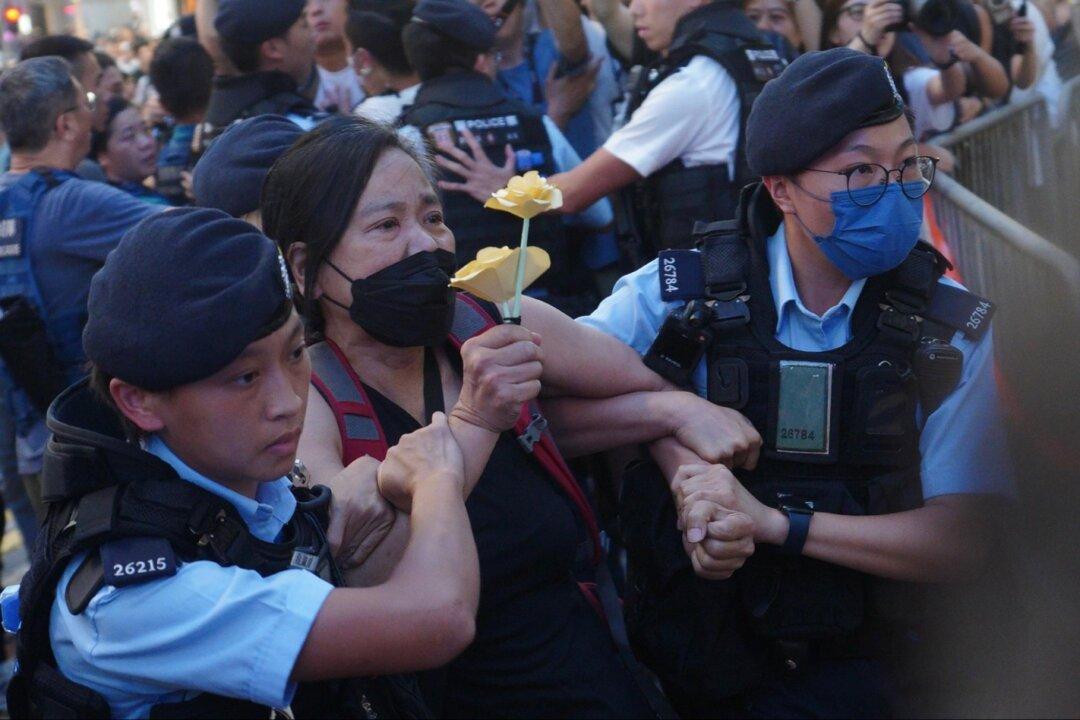Commentary
Since last October, six departments of the Hong Kong government have criticized the cartoons of Zunzi, Hong Kong’s veteran political cartoonist, for being “factually untrue” and “unethical.” The message is clear: Ming Pao, the newspaper where the cartoons were published, had to stop publishing Zunzi, who had produced pro-democratic cartoons for four decades. Finally, Ming Pao gave in, and Zunzi’s cartoons ceased publication on May 14.





